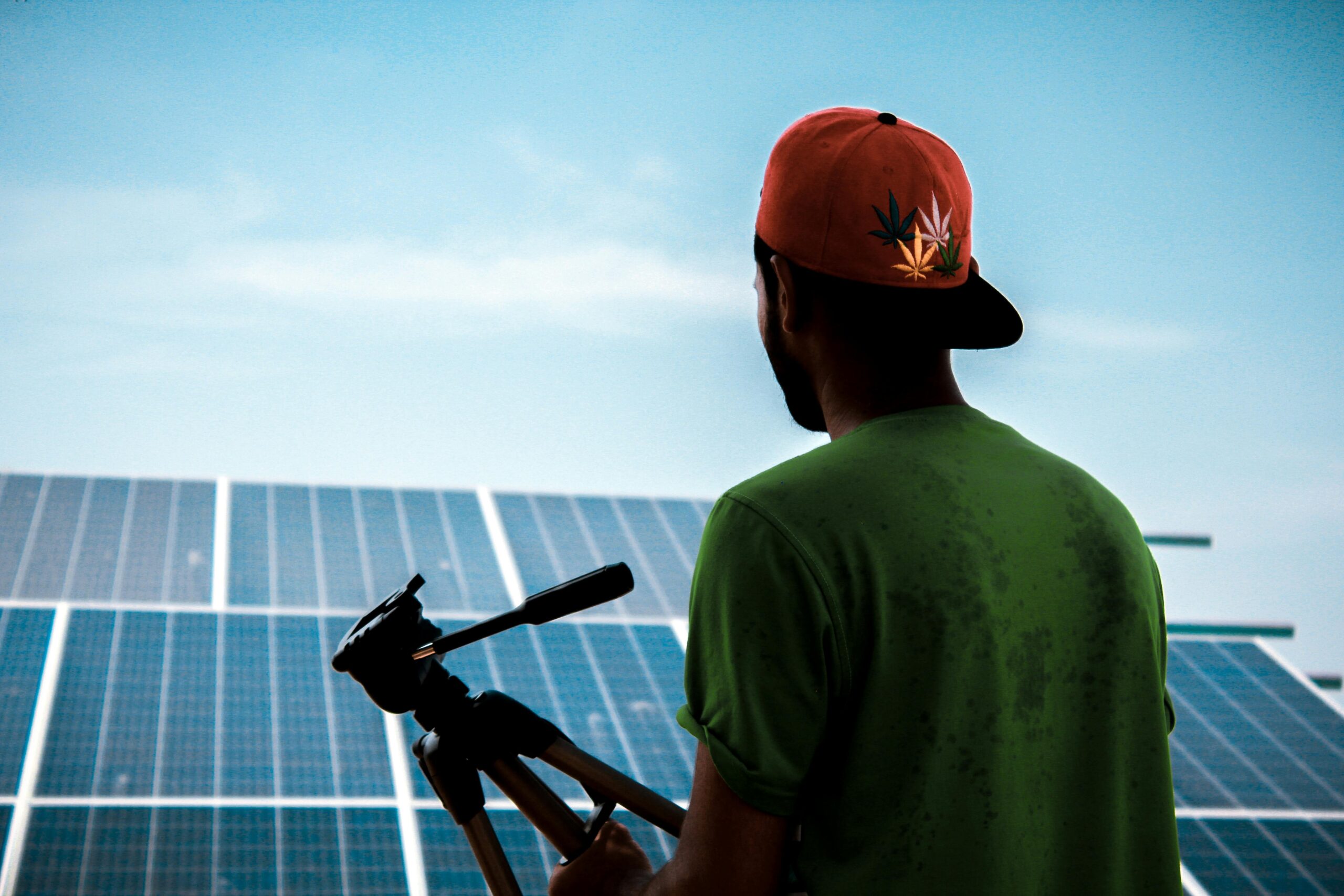As more people look for sustainable energy solutions, solar panels are becoming increasingly popular. Homeowners often wonder, what is the average cost of installing solar panels for homeowners in 2024? Let’s dive into the numbers and explore what you can expect to pay for a solar panel installation this year.
Comprehensive Breakdown of the Average Cost of Installing Solar Panels
The cost of installing solar panels varies based on factors like system size, location, and available incentives. Here’s a detailed analysis to help you understand the typical expenses involved in going solar:
1. National Average Cost: $15,000 to $25,000
- System Size: The cost largely depends on the size of the system, measured in kilowatts (kW). For a typical 6kW system, the average installation cost ranges from $15,000 to $25,000.
- Examples: A smaller 4kW system might cost around $12,000 to $18,000, while a larger 10kW system could be $25,000 to $35,000.
2. Cost Per Watt: $2.50 to $3.50
- Current Rates: The average cost per watt for solar panel installation in 2024 is between $2.50 to $3.50. This means that for a 6kW system, you’re looking at about $15,000 to $21,000.
- Examples: A 4kW system at $3.00 per watt would cost $12,000, while a 10kW system at $2.75 per watt would be $27,500.
3. Impact of Location on Costs:
- State Variations: The cost of solar panel installation can vary significantly by state. For example, in California, you might pay $3.00 to $4.00 per watt, whereas in Texas, it could be closer to $2.50 to $3.00 per watt.
- Incentives: States like New York and Massachusetts offer additional incentives that can reduce the overall cost by $2,000 to $5,000.
4. Federal and State Incentives:
- Federal Tax Credit: In 2024, the federal solar tax credit covers 30% of the installation cost, which can save homeowners $4,500 to $7,500 on a typical system.
- State Rebates: Many states offer rebates or incentives that can lower costs by another $1,000 to $3,000 depending on the location and specific program.
5. Cost by Installation Type:
- Roof-Mounted Systems: These are the most common and typically cost $15,000 to $25,000 for a standard residential system.
- Ground-Mounted Systems: These systems are slightly more expensive, averaging $18,000 to $30,000 due to additional equipment and installation complexity.
6. Additional Costs to Consider:
- Permitting and Inspection Fees: These fees can range from $500 to $2,000 depending on local regulations.
- Maintenance Costs: Annual maintenance typically costs $100 to $300, ensuring your system runs efficiently.
7. Savings and Payback Period:
- Electricity Savings: On average, homeowners can save $600 to $1,200 per year on electricity bills.
- Payback Period: The payback period for solar panels is usually between 6 to 10 years, depending on system size and local electricity rates.
8. Factors Affecting Cost:
- Type of Panels: High-efficiency panels can cost more initially but may offer better savings in the long run.
- Installation Complexity: Homes with difficult roof access or unique architectural features may incur higher installation costs.
Budget-Friendly Tips for Installing Solar Panels
- Shop Around: Get quotes from multiple installers to find the best price and service.
- Consider Financing: Many companies offer financing options that allow you to pay for the system over time.
- Maximize Incentives: Take full advantage of all available federal, state, and local incentives to reduce your out-of-pocket costs.
Conclusion
The average cost of installing solar panels for homeowners in 2024 ranges from $15,000 to $25,000, depending on factors like system size, location, and available incentives. By understanding these costs and exploring ways to reduce expenses, you can make an informed decision about investing in solar energy for your home.
Sources for Further Reading:
Understanding the average cost of installing solar panels helps homeowners make financially sound decisions, ensuring that their investment in renewable energy is both affordable and beneficial.

